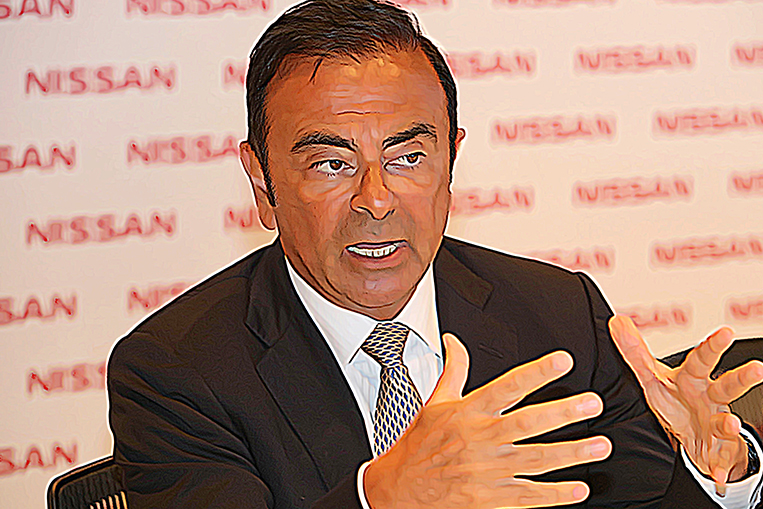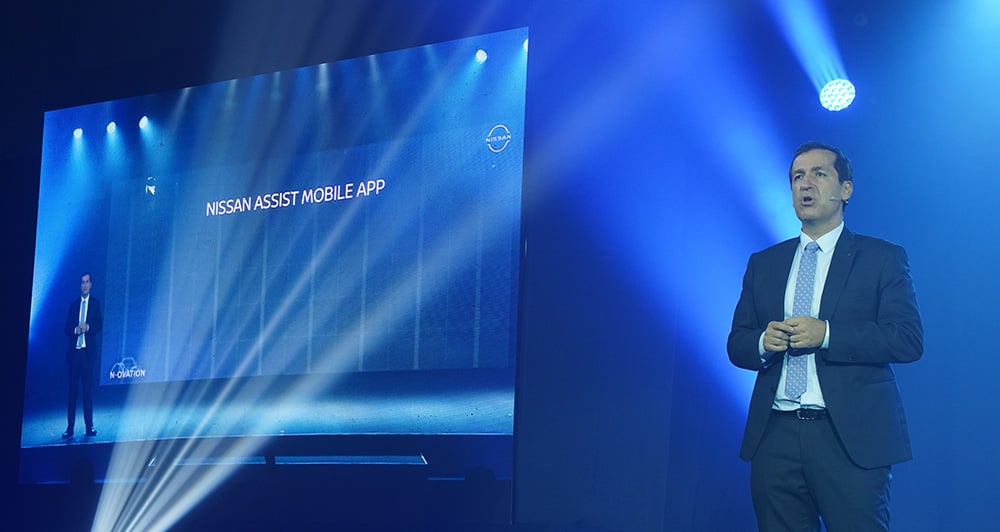
Lionized automotive executive Carlos Ghosn—chairman of Nissan, Renault and Mitsubishi—was arrested Monday night by Japanese prosecutors for so-called financial violations. Nobody saw this coming, not even Nissan’s rivals who had likely been wishing for his downfall. How could a corporate boss of Ghosn’s stature bring such trouble upon himself by committing what is being termed as “financial misconduct”? What more could a superstar executive who was famously paid megabucks—reportedly receiving $88.8 million from Nissan from 2011 to 2015—still want?
To me, the insatiable desire to acquire more wealth is not the news here. Most everyone is ensnared by greed. What is surprising—at least to my mind—is the list of wrongdoings Ghosn is being accused of. What are those?
First, there’s the understatement of his compensation, reporting only half the total amount to Japanese financial authorities.
Second, Nissan says its disgraced boss used “company assets.”
There’s a third one, though it isn’t official. According to NHK, Japan’s public broadcasting organization, “Ghosn also had a Nissan subsidiary pay hundreds of thousands of dollars for his family trips and dining.”
For these offenses, Ghosn is now facing the possibility of going to prison—as much as 10 years for falsifying his financial statements alone. The Japanese certainly aren’t messing around when it comes to administrative corruption.
You’re naive if you think graft and fraudulence only take place in government. It’s probably even worse in the private sector
Which brings me to this thought: How many Filipino corporate executives—yes, including (and especially) those in the auto industry—would be thrown in jail if they worked in Japan? The charges being leveled against Ghosn, if you think about it, are “normal” deeds in the Philippines. You’re naive if you think graft and fraudulence only take place in government. It’s probably even worse in the private sector.
The thing is, many of the unethical practices that would seriously be frowned upon in Japan are usually being treated with kid gloves around here. In corporate Philippines, in addition to the above-mentioned offenses allegedly committed by Ghosn, the following are pretty common:
- Accepting money and gifts from suppliers;
- Rigging bids for projects;
- Hiring friends and relatives;
- Charging personal expenses;
- Pilfering office supplies; and
- Reporting false or erroneous data.
I’m sure you can name a few more. But you get the point.
Some will submit: “Oh, Filipino executives won’t get into any kind of legal trouble in Japan because they’ll play by the rules.”
That’s actually even more depressing. We behave when we’re overseas, but we don’t give a shit when we’re home.
PS: While I’m convinced corruption is prevalent in our business circles, I also believe there are still countless executives who are spotless in their dealings. And I’m proud to say I’m friends with several of them. God bless these people.











Comments